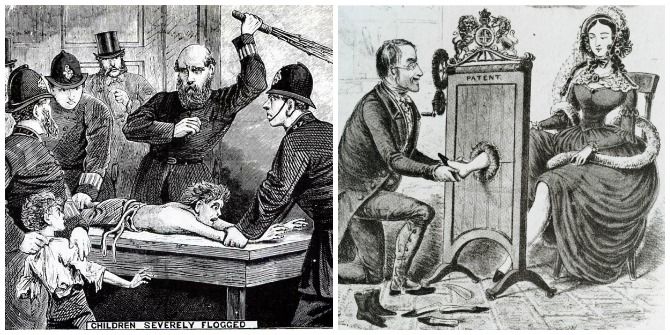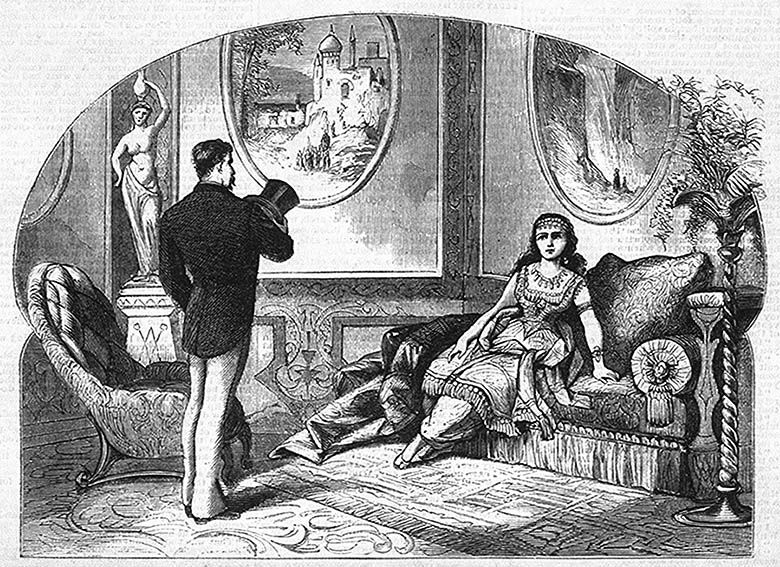Victorian Age- An Era Of Contradictions
Jun 02, 2019 • 594 views
Victorian Era is agreed to stretch through the reign of Queen Victoria (1837- 1901). It was a tremendously exciting period when several literary, social and political as well as religious movements took place. It was the time of prosperity and major reforms. Morality and respectability were key, and society became almost puritanical. The change brought about by the Industrial Revolution was rapid: towns and cities grew at an incredible pace as new factories and industrieswere started and thousands of people moved to the cities for work. The upper classes continued to prosper and the middle classes had the possibility to improvethemselves and their fortunes.
The Victorian period was a time of contradiction, often referred to as the Victorian Compromise: on the one hand there was the progress brought about by the Industrial Revolution, the rising wealth of the upper and middle classes and the expanding power of Britain and its empire; on the other hand there was the poverty, disease, deprivationand injustice faced by the working classes. The reason why it is so difficult to talkabout the Victorian Era is because of its complexity.
Extreme social changes, politicaland economical complexity make this period really interesting and challenging to discover. Hundreds of historians argue about whether it was a golden age with large happyfamilies, the way it was described in Dickens’s Christmas Carol or rather reality was Oliver Twist: cunning and exploiting. Or maybe it was as idyllic as country life in JaneAusten’s novels where the most crucial problem for upper and upper-middle class youngladies was to find the perfect husband and the same young ladies treated each other in aratherhypocriticalway.

Victorian families were strict and patriarchal, and created the ‘fundamentum’ of Victorianmorality. hild’ as a popular saying of the time suggested. But did Victorian parents really takeresponsibility for their children? The children of high society families spent most of their timewith their nannies in their nursery. Tutors were employed to teach these children and boys at arelatively young age were sent to boarding schools, usually to follow the family traditions. So who really brought up these children?! How responsible were those Victorian parents?! Another contradiction of the period: why these strict family values did not concern middle and lower class families: alcoholism, broken families or child neglect were common in poor families.

Justification of prostitution provided by medical experts who provided scientific arguments toprove that whereas men had strong sexual drives ‘normal women’ did not. Sexual repressionwas one of the main question of the age. While the word ‘leg’ was substituted with the more neutral ‘limb’, erotica wasn’t forbidden as it lived in private letters or even in magazines.
Another major question of the era was homosexuality. It was considered as gross, unacceptable and illegal but as most of high society young men studied in boarding schools with no girlsaround therefore their first experiences of that kind were with boys alike. Oscar Wilde forexample was arrested for his sexual orientation.Hence we can say ,As Victorian age overflows with the contradiction between moral values and materialistic views,it brings an adverse effect on Victorian people and literature. For more of Victorian morality, you can also check the BetterHelp page.
